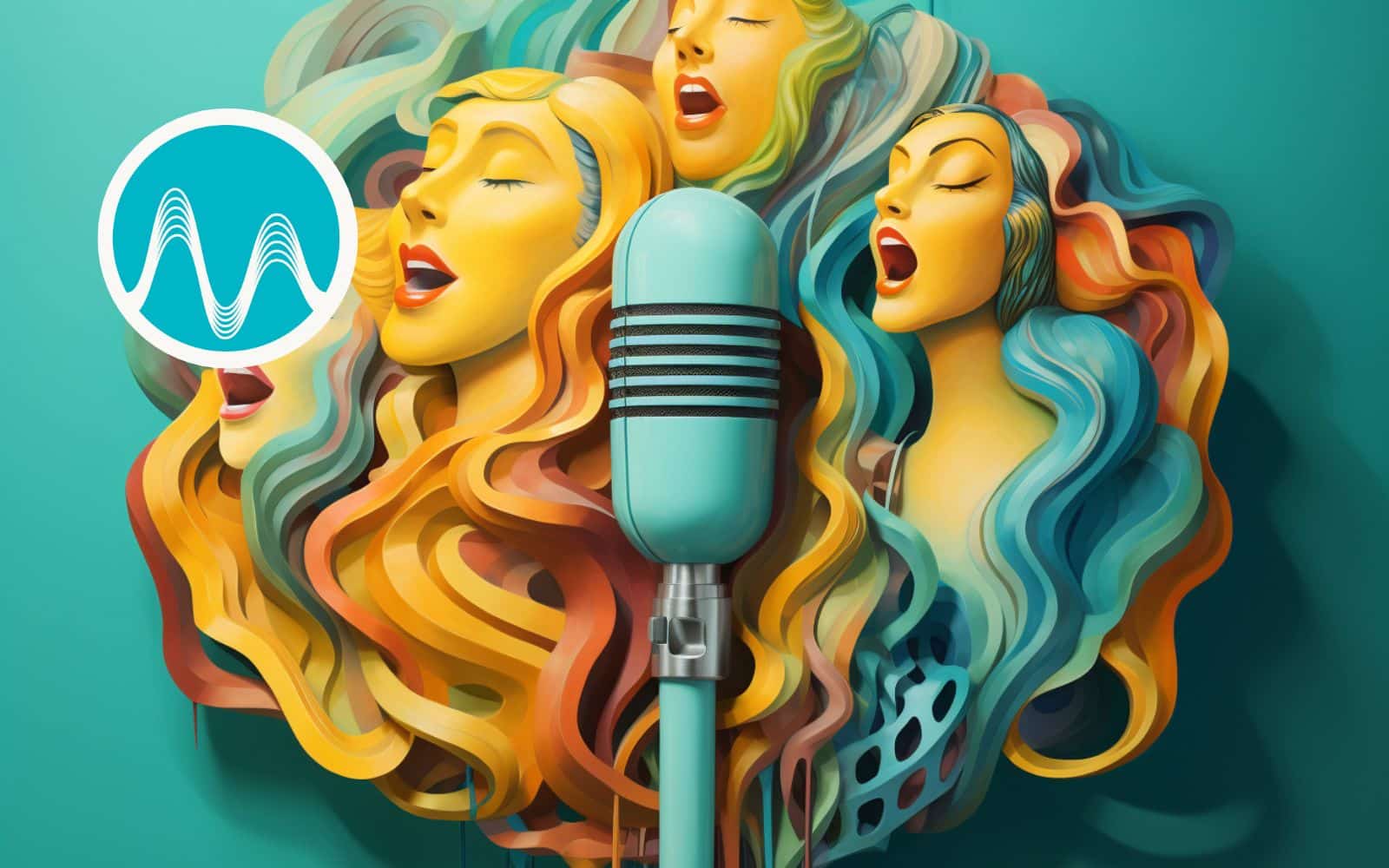If you have yet to come across the concept, Artificial Intelligence (or AI) voices, available on just about any device, can convert any kind of written text into audio files featuring very natural-sounding ‘human’ speech. The technology processes hundreds of hours of voice recordings from genuine voiceover artists and then ‘learns’ to speak, based on the recordings. The results are completely non-robotic, and so helpful if for any reason you don’t wish to record your spoken words, or want to produce something that sounds a little different from what you’ve used previously.
What’s more, there are many benefits, including a highly natural sound, a variety of choice coupled with great consistency, plus potential cost and time savings.
How Do AI Voices Work?
Voice cloning or synthesis is the process which generates AI voices. It’s a complex business and involves a long list of elements. Machine and deep learning, Interactive Voice Response (IVR), Speech Synthesis Markup Language (SSML), voice samples from professional voiceover artists, plus algorithms, among a number of other processes. Programs called AI voice generators utilise text-to-speech (TTS) tech. Words can be read clearly in a way which sounds like a real human.
You don’t need to devise your own program – an AI voice generator can synthesise audio for you. You can even use this concept with virtual voice assistants if you like.
Uses for AI Voices Across Audio Applications
There are a number of fields in which people make use of AI voices, including:
- Media and publishing
For example, to read weather and traffic reports in a natural-sounding way.
- Education
To create educational audio content. AI voices can be used effectively, for example, in foreign language teaching.
- Film and TV industry
Actors’ voices can be cloned for wider use in a time and cost-effective way for voiceover work. Meanwhile, AI dubbing allows for content production across multiple languages, much more quickly than would previously have been the case.
- Social and other digital media
From YouTube to blogs and audiobooks among others, the use of AI is growing. The process can save you time by creating social content more quickly, and help you to develop precisely the right content for each platform.
You can also use AI voices to create voicemails and the voiced soundtrack for video content. Many customer service platforms from live chat to phone support make use of AI-driven virtual agents and chatbots to ‘talk’ to customers.
When you’re choosing an AI voice, look for a professional quality of sound. The option to customise, a naturalistic end result and different options including varied language options if you need translation.
Custom AI Voice Overs
At Music Radio Creative, we’re audio professionals. We’re already making extensive use of AI voices across a wide range of applications. We could encourage you to do the same, whatever you need.
Let our team help you with your custom audio requirements. Get in touch today for a bespoke quote and we’ll be pleased to help you open up a world of sound.











